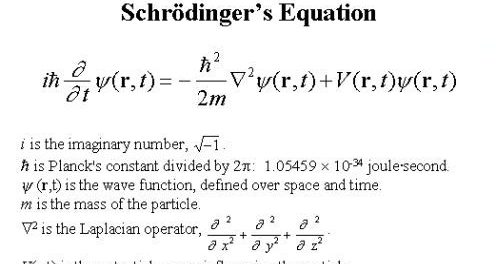
We learn from fiction, not just banal truths – but ever-so complex, special ones.
This article was originally written on 2/1/2016. This entry contains reference to a few works of fiction, but does not contain spoilers.
Jerome Stolnitz, in his paper, “On the Cognitive Triviality of Art,” asserts that if there is truth to be obtained from art or literature, then it is certainly banal truth. In the realm of aesthetic theory, he is not alone in recognizing this assertion. For instance, Noël Carroll, in his paper titled “The Wheel of Virtue: Art, Knowledge, and Moral Knowledge,” recognizes the banality argument, which consists of the idea that the significant truths that art and literature claim are general, uninteresting truths. For instance, let us consider the works White Album 2 (ホワイトアルバム2) and Subarashiki Hibi (素晴らしき日々). While both works offer variegated amount of truths, let us focus on a truth respectively:White Album 2: “Happiness is not always painless.”
Subarashiki Hibi: “Anybody can live a life of happiness.”
If we were to respectively convey these truths to a stranger, chances are, the stranger would claim “I already knew that.” And indeed, to allege that “happiness is not always painless” and that “anybody can live a life of happiness” are revolutionary truths would seem nonsensical. After all, for the ordinary person, these truths are banal, insofar as they are already known from previous experience, or just not terribly interesting. Indeed, these truths are so trivial, that it would not be out-of-place to envision these truths as being written on fortune slips, and slipped into fortune cookies.
Nonetheless, I avow, I do not think that the truths conveyed from art are banal. Indeed, for artistic truths are vivid, memorable, and passionate. Were this not the case, then works like White Album 2 and Subarashiki Hibi could not excite as they do. The aforementioned example truths may be banal in themselves, insofar as they lack context (i.e. presented to a stranger with no familiarity with either work). Yet, the truths, in context, are as deep and as interesting as can be. For we understand that “Happiness is not always painless,” not in virtue of the truth at face value – but because we know what the truth is a result of. Namely, the reader, cognizant of the tribulations which had afflicted the characters of the work, grew to accept the implicit truth. Likewise, we understand the assertion that “anybody can live a life of happiness,” cognizant of the perspective of one who had struggled. Like confidants, we had lent our ears to each story – some of us lived the stories vicariously, whereas others observed from a distance. Nonetheless, assuming we were attentive readers, we listened, and accumulated the facts of the world of fiction (e.g. the events of the work), contemplated about them, then had realized their significance after much brooding.
Indeed, we could assert an analogous case. Let us dive into the realm of quantum mechanics, and consider Schrödinger equation’s, a truth that describes how the quantum state of a quantum system changes with time

Were we to translate this equation into common parlance, and then propagate it through fortune slips, I find it difficult to allege the equation as being “uninteresting” (in the intellectual sense) or banal. Perhaps we could assert that it is banal in the instance that all the recipient of the slip do is read and not understand what is written – but in the instance in which the recipient of the slip comprehends, and fully appreciate the equation (and its consequent outcomes for reality), we would indeed call it interesting.
In this sense, I would assert that the individual who comprehends the truths of fiction in context does in fact, learn something interesting. Thus, it is unfair to reduce the truths of fiction into banal ones findable on fortune slips. For accepting the fact of “happiness is not always painless” at face value is comparable to accepting the equation without understanding its implications. A work of literature, in being didactic, plans its assertions meticulously. Like a rough proof, it presents its features – then the audience, like apt mathematicians, work at the proof in order to obtain the conclusion: namely, the truth it espouses. To reduce the truths of fiction to a one-liner in a vacuum is analogous to declaring that the most important feature of a proof is in its conclusion, rather than in its process. For while the implications of the conclusion are certainly important, we lack reason to accept them without the premises.
So, to understand a fact of fiction from a compelling work of literature is to understand it in its entirety – which is to understand it in its context. Such a truth, cannot be called banal.